3 Reasons Your Dental Bridge Is No Longer Fitting Well

A dental bridge is an effective solution for replacing missing teeth, restoring both functionality and aesthetics to your smile. However, over time, you may notice changes in how your dental bridge fits. This can lead to discomfort, difficulty eating, and even affect your speech. At the office of Dr. Wayne Suway in Marietta, we understand the importance of a well-fitting dental bridge. Here are three reasons why your dental bridge may not fit the way it used to and what can be done about it.
1. Natural Changes in Your Mouth
Your mouth is constantly changing. Natural alterations such as gum recession or bone loss in the jaw can impact the fit of your dental bridge. Gum recession exposes more of the tooth surface, which can lead to a gap between the bridge and the gum line. Similarly, bone loss, often a result of aging or osteoporosis, can change the shape of your jaw, affecting how your bridge fits.
Solution: Regular dental check-ups are crucial. Dr. Suway can monitor changes in your oral health and make adjustments to your bridge as necessary. If bone loss or gum recession is significant, additional treatments, such as bone grafts or periodontal therapy, may be recommended to provide a stable foundation for your bridge.
2. Wear and Tear
Like natural teeth, dental bridges are subject to wear and tear. Biting down on hard foods, clenching, or grinding your teeth (bruxism) can cause the bridge to become worn or damaged. Over time, this wear and tear can affect the bridge’s fit. Additionally, the materials used in the bridge, though durable, can deteriorate or weaken, leading to changes in how the bridge fits against your teeth and gums.
Solution: If wear and tear are affecting your bridge, see Dr. Suway for an evaluation. Depending on the extent of the damage, the bridge may need to be repaired or replaced. To prevent future wear and tear, Dr. Suway may recommend wearing a night guard to protect your bridge and natural teeth from grinding or clenching while you sleep.
3. Changes in Adjacent Teeth
A dental bridge relies on the adjacent teeth for support. If these supporting teeth develop decay, shift, or suffer from gum disease, it can impact the stability and fit of your bridge. For example, if the supporting teeth become decayed, the bridge may become loose. Similarly, if the adjacent teeth move due to periodontal disease or other factors, the bridge may no longer align properly with your bite.
Solution: Maintaining good oral hygiene is essential to protect the health of the teeth supporting your bridge. Regular cleanings and check-ups allow Dr. Suway to catch and treat any issues early, before they can affect your bridge. If decay or movement has already impacted the supporting teeth, Dr. Suway will address these issues, which may involve treating the decay or using orthodontic solutions to realign the teeth, before refitting or replacing the bridge.
Maintaining Your Dental Bridge
The key to a long-lasting, comfortable dental bridge lies in regular dental care and being mindful of changes in your oral health. If you notice any changes in the fit of your dental bridge, don’t hesitate to contact Dr. Wayne Suway in Marietta. With the right care and maintenance, your dental bridge can continue to be a comfortable, functional part of your smile.
Remember, your dental bridge was designed to restore your smile and bite, and regular check-ups are essential to ensure it continues to serve its purpose effectively. Dr. Suway and our team are here to help you maintain your dental health and ensure your dental bridge remains a perfect fit.
Posted on behalf of
1820 The Exchange SE, #600
Atlanta, GA 30339
Phone: (770) 953-1752
FAX: (770) 953-6470
Mon - Thu: 8:30 AM – 5:30 PMClosed for lunch: 12:30 PM - 1:30 PM









